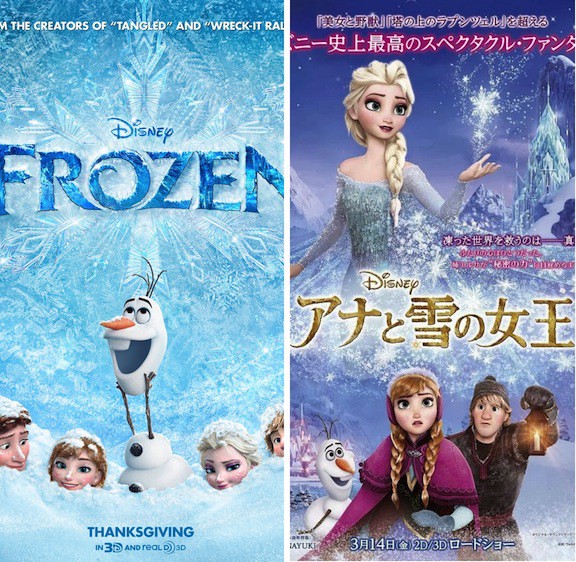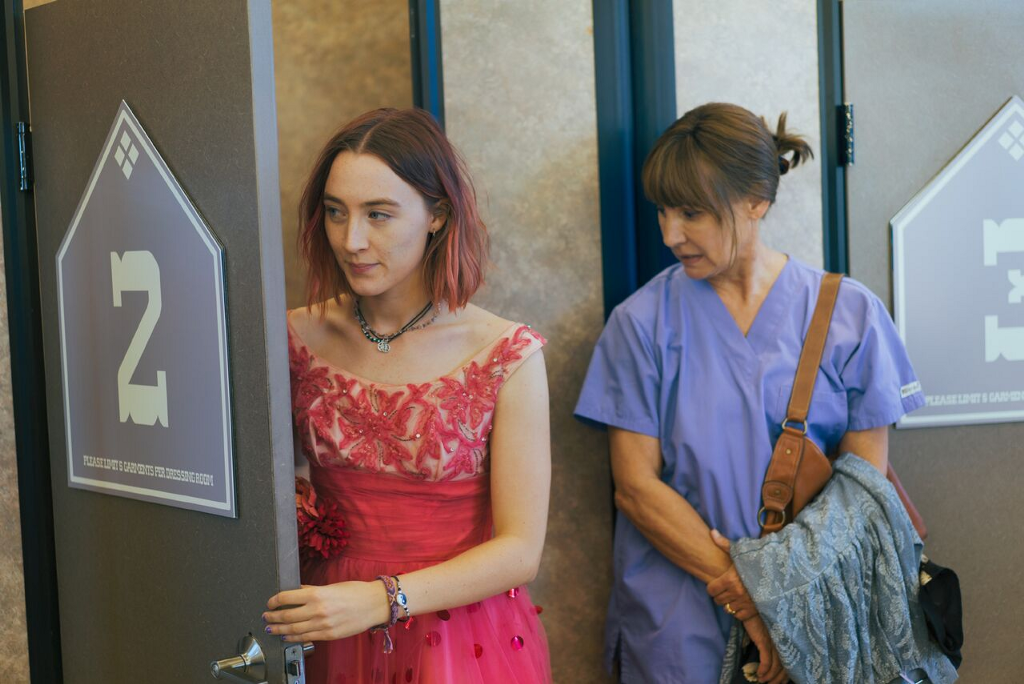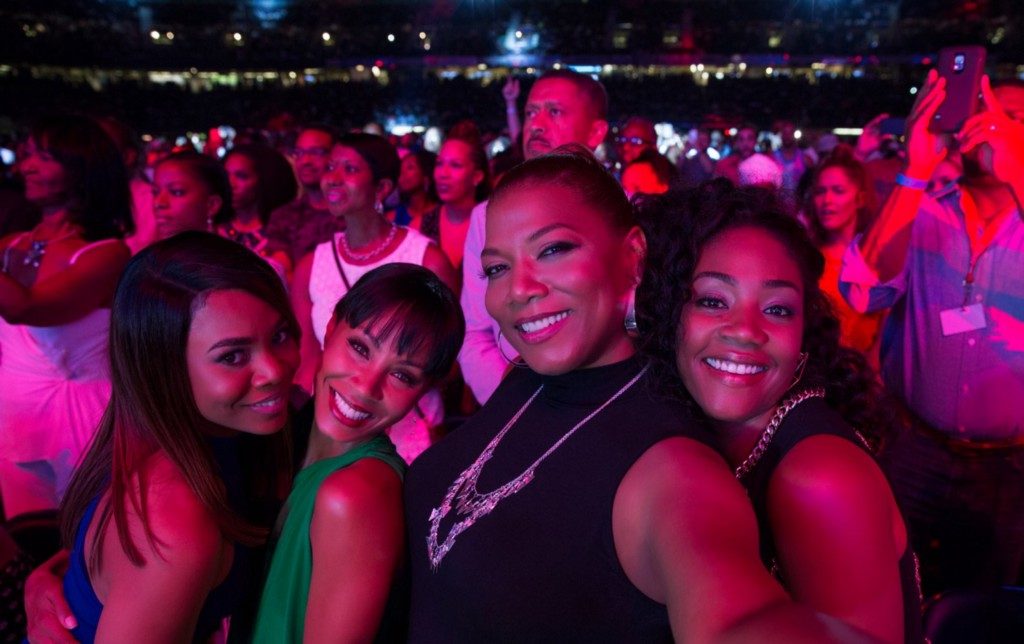[iw-photo type=”iphoto” caption=””Frozen” Fan Art by Lulu [http://www.pixiv.net/member.php?id=3712]" credit=”null” alt=”null” title=”Frozen Fan Art” url=”http://indiewire.s3.amazonaws.com/e4/5c/7c947e0248dba6c49668be6208ff/frozen-fan-art.jpg"]
[/iw-photo]Frozen was a huge hit here in the U.S., where it made $400 million domestically to become the third biggest earner of 2013 and the fifth highest-grossing film of all freaking time.
But in Japan, the feminist fairy tale is a blockbuster of Godzilla proportions, reigning over the box office in the top slot for sixteen straight weeks until Maleficent dethroned it this past weekend.
The reason behind Frozen’s incredible success is self-evident: directors Jennifer Lee and Chris Buck’s film really gets women and girls. That’s not to say that the multiple-Oscar winner has no appeal to male moviegoers, but the tale of two sisters determining that their relationship to one another is the most important thing in the world obviously resonates in a cinema-scape dominated by muscled men running away in slo-mo from exploding cars, proudly farting thirty-something men reaffirming their bonds to their buds and their Bud, and pimply teens whose top priority is losing their virginity before college starts in the fall.
In a typical underestimation of the appeal of women-driven stories, Hollywood marketed Frozen to American audiences by downplaying its female characters. The U.S. poster, in fact, places Olaf the Snowman — perhaps the fourth most prominent character in the film — dead center of promotional materials.

Contrast that to the Japanese poster, which foregrounds Elsa and Anna. As The Atlantic notes, Disney’s Japanese publicity arm deliberately took a different tack in marketing Frozen. Said Head Marketing Director Tami Ihara, “Unlike in the United States and other nations, we deviated from the strategy of catering to families and specifically targeted Japanese women, who have the power to spur consumption and create a fad.”
Among other things, Japan is rather (in)famous for its stalled progress on women’s issues. The Atlantic observes:
Even though Japanese girls are among the best-educated in the world, women earn 30% less than their male counterparts. Female labor force participation is 63%, much lower than in other rich countries, and when women leave the workforce, the difficulty of affording childcare and finding a job after a few years off mean they seldom return….
[Gender inequality] is now highlighted by the other media sensation gripping the country right now — this one involving the sort of nasty, unrepentant sexism that Japanese workplaces are notorious for. Specifically, while a 35-year-old female politician Ayaka Shiomura gave a speech on the floor of the Tokyo Metropolitan Assembly on Jun. 19, a slew of male members of prime minister Shinzo Abe’s Liberal Democratic Party heckled her, yelling things like “Why don’t you hurry up and get married?” and “Can’t you bear a child?” to rumbles of laughter from other men, persisting even as Shiomura appeared visibly distressed.
In a climate so hostile to women, it’s no wonder that an accessible female-empowerment movie like Frozen, especially with a “fuck it all” anthem like “Let It Go,” would prove immensely popular. (To be fair, The Atlantic theorizes that forces other than feminism could contribute to Frozen-mania, such as the popularity of the singers who sing one of the three renditions of “Let It Go” playing presumably everywhere in Japan.)
And if you had any doubt of the feminist intentions of Frozen’s creative team, check out the Fresh Air interview with songwriters Robert Lopez and Kristen Anderson-Lopez. Anderson-Lopez frankly admits that she and Lee wanted to buck princess conventions with their film, and says of “Let It Go,” “We decided we didn’t want this song to be a traditional Disney princess song. So we were listening to singer-songwriters like Amy Mann and Tori Amos and Sara Bareilles.”
Unfortunately, Disney did end up cutting a song that took too strong a swipe at its princess tradition. Anderson-Lopez says,
In fact, if you have the deluxe CD, you will see my very strong strike across the bow at all princess myths, things in the form of a song called “We Know Better,” which was a song that was cut, but it basically was these two princesses bonding over all of the things that the world expects and thinks of them.
You know, they think that they are perfect and sweet and sugar and spice and all things nice, and it was the two of them misbehaving and being fully well-rounded children with all the good and bad and imagination and mischief that I really feel it’s important for our girls to be allowed to be. So — and it got cut, but you can tell the whole movie is full of this point of view as much as Jennifer Lee and I could put in it because we’re both Park Slope moms.
We both went through the ’90s. We took the women’s studies courses, and I knew I wouldn’t be able to push my kids on the swing at the playground if I had written a movie where the girl wore the puffy dress and was saved not by anything active she did but by being beautiful enough to be kissed by a prince. [Emphasis added]
Frozen fans stateside who can’t get enough of Snow Queen Elsa can next see her on ABC’s Once Upon a Time, though I personally recommend heading out to the nearest karaoke bar in a sparkly blue cape, say “fuck it all,” and belt out your best Idina Menzel impression.
[via The Atlantic]







